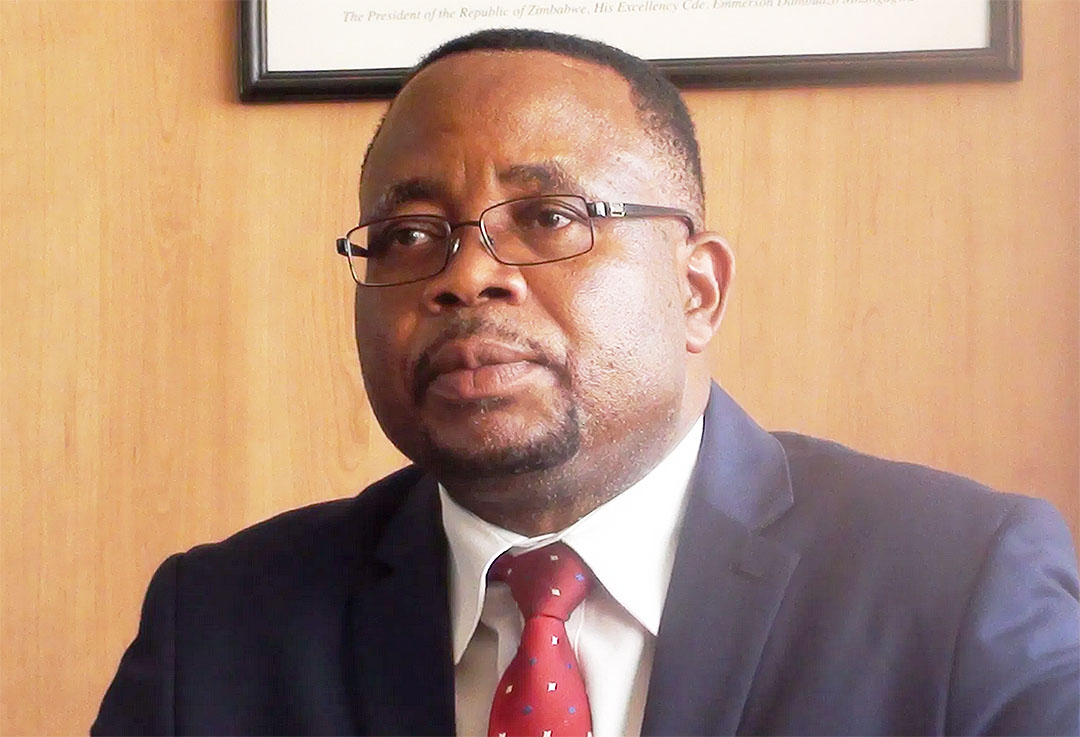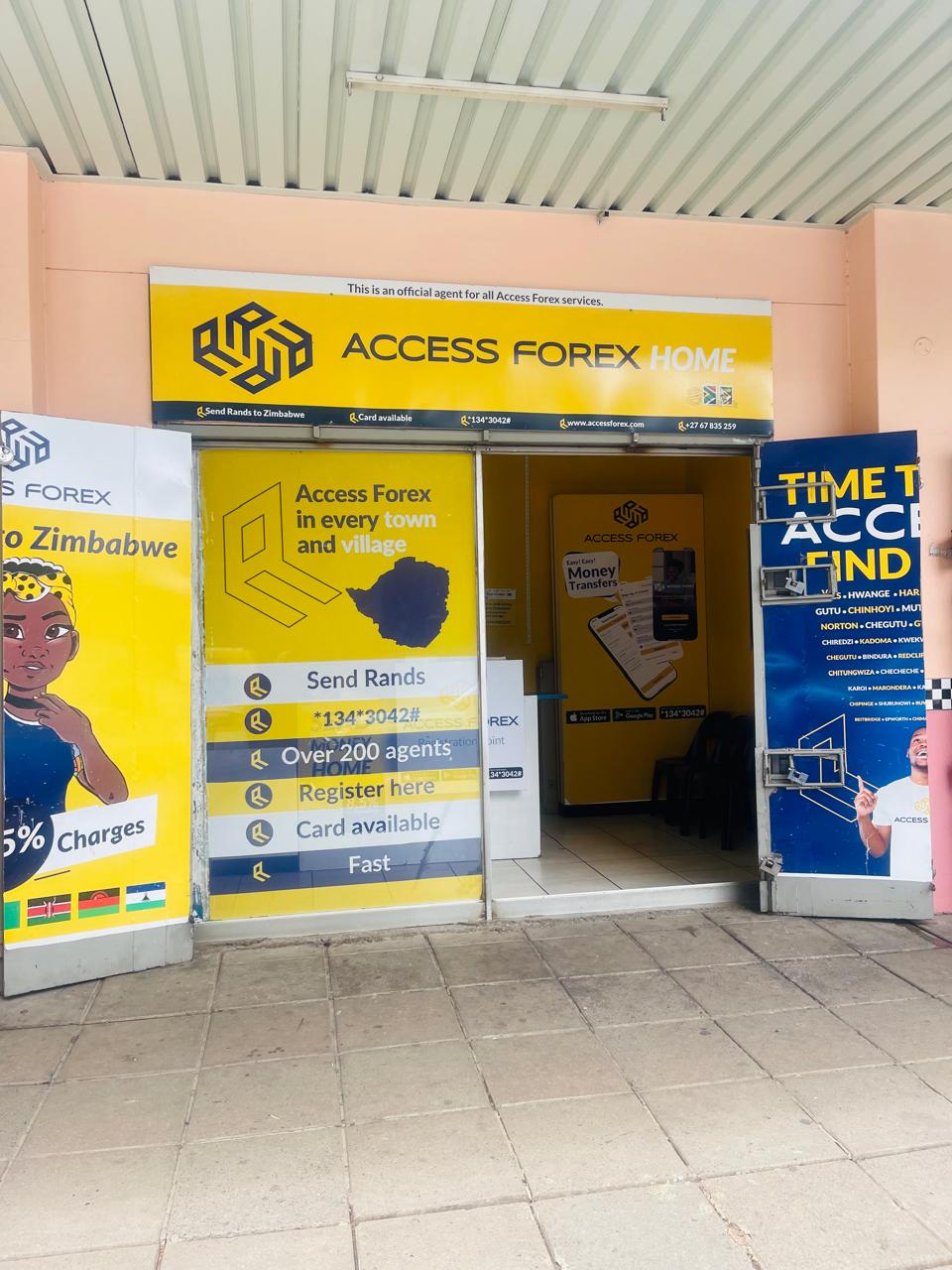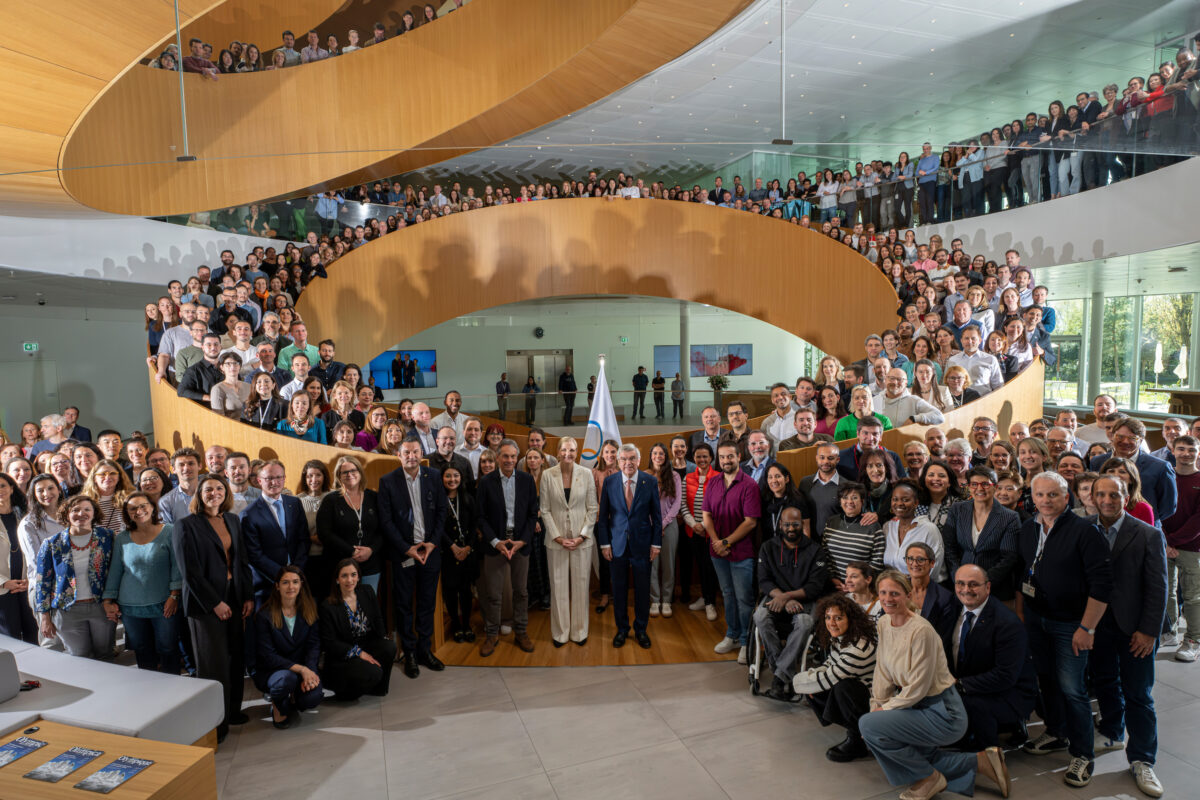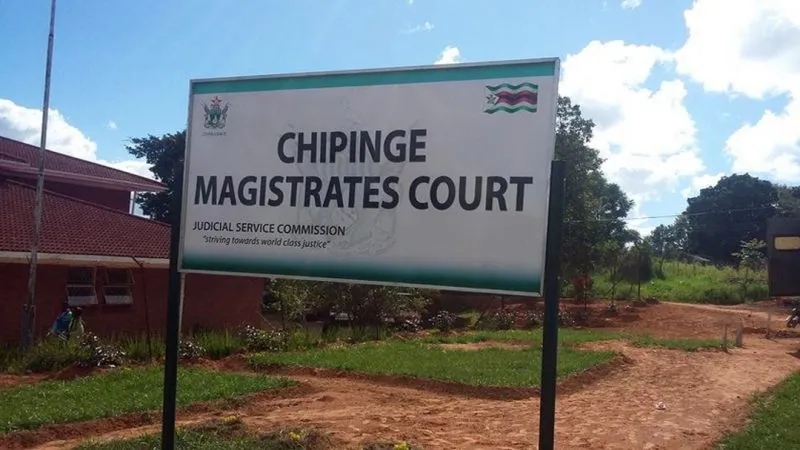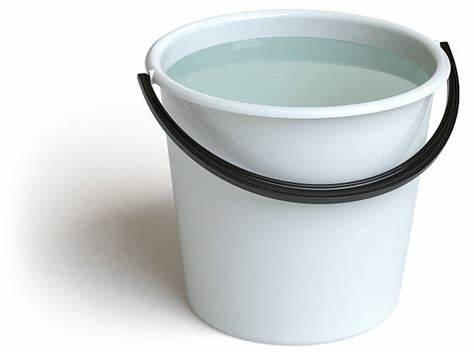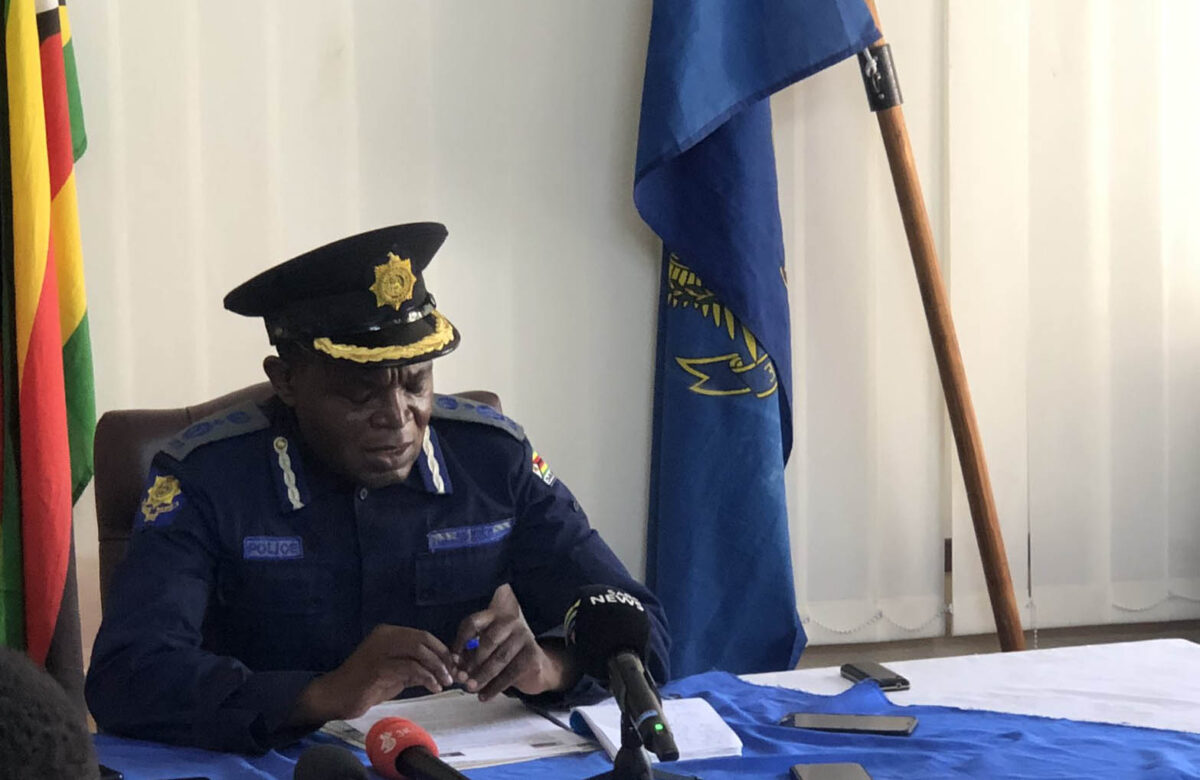HARARE – A report by parliament’s Public Accounts Committee says around ZWL$89 million disbursed by Treasury through the Social Welfare Ministry as Covid-19 allowances meant for the poor failed to reach intended beneficiaries, signalling massive plunder of the public resource by corrupt officials tasked with the responsibility.
Brian Dube heads the committee, while other members include Ozias Bvute, Temba Mliswa, Energy Mutodi and Dexter Nduna.
The report also revealed that Covid-19 allowances processed through NetOne’s OneMoney platform in July 2020 for 873 beneficiaries at ZWL$300 each had not been collected from Buhera and Umzingwane District Social Welfare offices because of incorrect contact details.
One address was used for 1 107 beneficiaries in Buhera which made it difficult to contact beneficiaries while the lines did not bear beneficiary names.
An officer with the ministry, who appeared before the committee said they did not have the capacity to register beneficiaries due to the lockdown measures that were in place hence they made use of the local leadership, churches among other sources of information collection to voluntarily provide names of intended beneficiaries which they used to compile their database.
He admitted that the personnel tasked with data collection lacked the necessary tools of trade such as computers and had to submit the information to the ministry in hard copy.
The officer added payments were made through NetOne’s One Money platform, but validation processes were not undertaken due to high volumes of beneficiaries reaching an excess of 350 000.
However, no sample validation exercises were conducted by phone to check whether the beneficiaries who received were bona fide recipients of the allowances and the amount received. He admitted that the beneficiaries had not confirmed receipt of the amounts.
The parliamentary committee said two ministries (not identified) failed to provide ready answers during their inquiry.
“Equally disturbing is the fact that despite the Ministry officials’ undertakings to submit the required information within mutually agreed timeframes, this was not complied with, leaving the Committee with no option but to finalise this report without the information sought.”
A Social Welfare ministry accountant admitted that there were cases of phone number duplication.
“He alluded that the system used by NetOne should have been able to identify duplication in the system but in the case where one uses a small letter and a capital letter on the same name it makes it impossible for the system to capture the name as a duplicate.
“It was indicated that during the clean-up exercise carried by the Ministry, about 600 names were duplicated and half were flashed out.”
In Buhera, everyone was said to be in the bread making business which was not realistic and hence these names were weeded out from the database.
According to the Auditor General’s report, a total of 88 beneficiaries who were listed on the Buhera District Social Welfare database paid in July 2020 did not receive their allowances amounting to ZWL$26 700, as the NetOne lines allocated to them were not availed by the service provider.
“The distribution mechanism of the allowances was in shambles leaving the process open to abuse. The Committee believes that the Ministry of Public Service, Labour and Social Welfare had databases for vulnerable people prior to the outbreak of Covid-19 given that one of its principle functions is that of assisting the less privileged in society through various social welfare assistance programmes,” said the committee.
Subsequently, it recommended that the Zimbabwe Anti-Corruption (ZACC) and Zimbabwe Republic Police should take steps to probe possible corruption in the matter.
“The Auditor General should within 180 days of tabling of this Report, conduct a forensic audit of the disbursements to establish whether the intended beneficiaries received the allowances and if not, establish cases of embezzlement with appropriate recommendations.”
The Social Welfare ministry should also follow up with NetOne and update the database of beneficiaries disbursements.
“It was noted during audit that members of staff stationed at Toronto Quarantine Centre, Magamba Quarantine Centre and Matabeleland South Provincial Social Welfare Office were paid Covid-19 allowances totalling $2 290 599.
“These allowances were paid to members of staff who reported for duty during lockdown period from April to July 2020. The payments were made without competent authority.
“Furthermore, there were inconsistencies and lack of documented guidelines on payment of the Covid-19 allowances across different Government departments. The amounts paid ranged from $180 to $320 per day.”
The report also observed that there was no system of accountability in the receipt of allowances.
“It would appear that the omission was deliberate and therefore dereliction of duty,” the report further said.
Gwanda Provincial Social Welfare office overpaid a company called Appleridge Investments when it made three payments totalling $1 938 340 for the same invoice number 012 for catering services rendered at DDF and Beitbridge quarantine centres from August 3, 2020 to September 15, 2020. Another invoice amounting to $579 570 was also paid to the same company.
“The invoice had no reference number, no period for which catering services were rendered and the station where the services were rendered,” it said.
The incorrect capturing of beneficiary addresses in Chiredzi and Gutu districts resulted in sim cards for 3 710 beneficiaries remaining undistributed for six months (since June 2020).
Furthermore, 366 Mangwe District Social Welfare Office and 195 Umzingwane District Office beneficiaries had not collected their Covid-19 relief allowances amounting to a combined total of $336 600.
“There was no documentary evidence availed for audit to show that the districts informed the beneficiaries about the payments.”
At Manicaland Provincial Development Coordinator’s office, the Auditor-General observed that a total of 2 154 litres of fuel was said to have been utilised for Covid-19 response errands between May 11, 2020 and June 23, 2020.
However, 1 954 litres of the fuel utilised was not supported by evidence such as copies of vehicle log books. The fuel register did not also indicate whether the fuel consumed was petrol or diesel and issuing officer was not signing.
“Fuel’s running balances could not be verified with accuracy as the fuel issued was not recorded in a sequential and consistent order.
“The opening balance of fuel on June 15, 2020 was 2 792 litres worth $69 609. The goods receipt voucher for the fuel card allocated to the Provincial office was not availed for audit. The AG could not therefore confirm if the quantities recorded were correct.”

